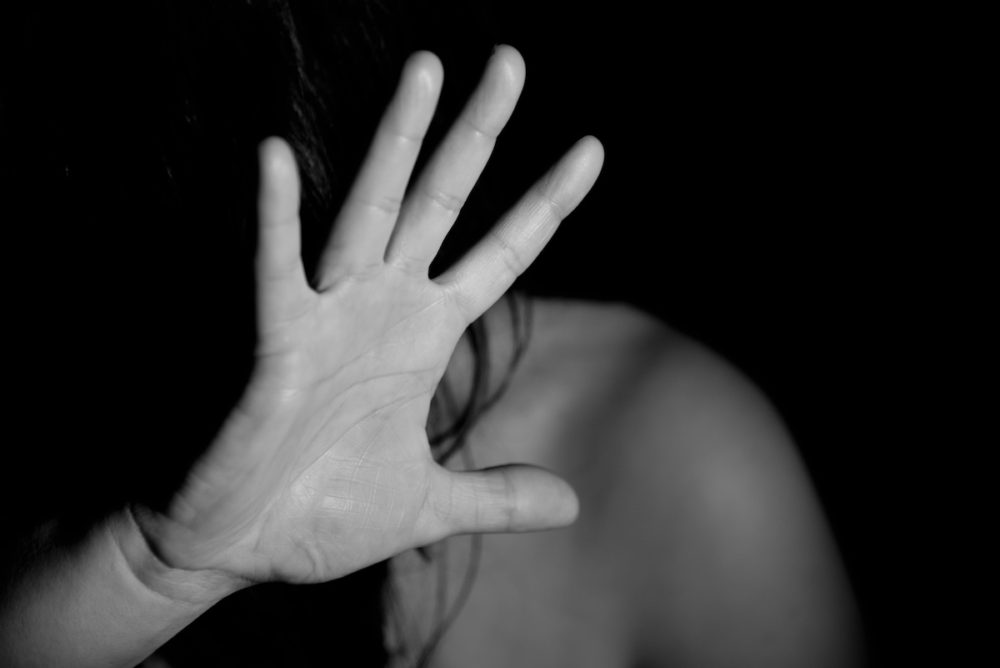If you’ve followed my blog for a while, you probably already know that I’ve been working as a therapist for the past 10 years, serving a diversity of clients in a variety of settings. I’ve supported clients in addressing a host of issues, from minor struggles to major life crises. Along the way, I’ve had the opportunity to offer these clients some clarity and understanding about their issues that they can utilize to heal themselves. In hopes of keeping this blog relevant and using it to share practical information, I’ve decided to introduce a new series called Ask A Therapist, in which I’ll pose some of the questions I’ve been asked over the years and offer answers based on my guiding philosophy and therapeutic approach. I’ll start by answering the questions I’m most commonly asked. At the end of each post, I’ll make a request for you to pose questions of your own.
This week, I’m exploring a question I get asked pretty often: How do I overcome fear?
To answer this question, I’ve got to begin by breaking down what fear is and why it exists. Fear is a response to perceived danger or impending threat that occurs in certain types of organisms. In humans, fear manifests as a combination of emotions, thoughts, and physical sensations. Much of what happens when we’re experiencing fear has been hardwired into us for survival purposes. It’s an important response to potential threats in our environment that prepares us to fight, flee, or freeze up in order to stay alive. When we’re in real danger, our fear response enables us to stay alert and proceed with caution. Without it, we’re prey to many things in our environment, with little ability to protect ourselves. But in reality, most of the things that produce a fear response within us are not actual threats to our survival—we just perceive them to be such. This is the kind of fear that most people want to overcome, as experiencing it is unpleasant, at best, and crippling, at worst.
Knowing that there’s a difference between rational fear—the kind we experience when we’re faced with a true and imminent threat to our survival—and irrational fear—the crippling kind we create in our minds—is an important first step. Rational fear is healthy and essential; since we need a little bit of fear to help us act swiftly and protect ourselves, we don’t want to get rid of it. But the irrational fear is the kind we generally want to get past. The crucial first step in doing so is breaking the fear down in your mind. When you’re afraid of something that isn’t posing an imminent threat, it’s largely because of a story you’re telling yourself. For example, if you have a fear of public speaking, you’d begin to overcome that fear by breaking down the fear story you’ve created. It might look something like: “If I give this presentation in front of all these people, I’ll completely choke, everyone will laugh at me, and I’ll never be able to show my face in public again.” Looking closely at this fear story, it’s clear to see how irrational it is. How can you be sure that those things will happen if you speak in public? How likely is it that this story is true? Pretty unlikely. This first step in overcoming this fear, then, would be to break the fear story down and look at it more rationally. Some people do this by asking themselves, “Can I know for sure that the worst-case-scenario I’m creating in my mind will come to pass if I face this fear?” The answer will almost certainly always be “No.” So, then, what comes next?
After you’ve gotten clear about how your mind is working to get you fearful about something irrational and unlikely, you can tell yourself a more rational story and create a plan of action. Continuing with the public speaking example, you would tell yourself the truth—that you’re experiencing fear about something you’re anticipating and making up in your mind—and then create a plan of action for addressing the fear. Here’s where the most important step comes in: To overcome fear, you absolutely must confront whatever it is that’s making you fearful. But in order to not overwhelm yourself, you want to have a plan and do it in a safe way. The best way to do this is to start small, and gradually build up to bigger things. The first bit of movement in the direction of overcoming your public speaking fear would be to create a plan for speaking in front of, say, a couple of your family members, then start working your way up to a more public presentation.
Once you’ve planned for the first action you’ll take to face your fear, you’ll want to start practicing ways to manage the physical symptoms that occur when you’re feeling afraid. The best way to do this is to develop a practice of centered self-awareness and deep breathing. When you confront your first fear-inducing scenario, you’ll likely feel some unpleasant physical sensations. Manage this by learning how to breathe through it, with compassionate awareness of what’s happening in your body. Just because you feel afraid doesn’t mean anything bad is going to happen. Let yourself be with what you’re experiencing, and intentionally send your breath to all the places in your body that are registering fear.
After facing the first item on your fear scenario list, managing the sensations that arise for you in the moment, you’ll inevitably notice that you’ve survived, and that none of the catastrophes your mind made up have come to pass. This will embolden you to take the next step and more confidently confront the next scenario on your list. Repeat the previous steps until you’ve worked your way up to the scenario you’ve been most afraid of facing.
Overcoming fear is possible through simple, actionable steps; but, of course, it isn’t easy. Many people find that working with a therapist can keep them on task and offer them important support through the process. If you’ve been wanting to overcome a certain fear and would like some help, let’s set up a phone consultation to see what possibilities exist. If you want to go about it on your own, here are five steps for you to follow:
1. Break down the fear in your mind.
2. Replace the fear story with a more grounded and rational one.
3. Create a plan for confronting the fear-inducing scenario, starting with something small.
4. Learn and practice ways to manage the physical symptoms of fear.
5. Confront your first scenario and build confidence to work your way up to the one you fear most.
So, there you have it: overcoming fear in a nutshell. Have a question you’d like me to answer? Send it to me in a comment or email, and I’ll answer it in an upcoming post!



